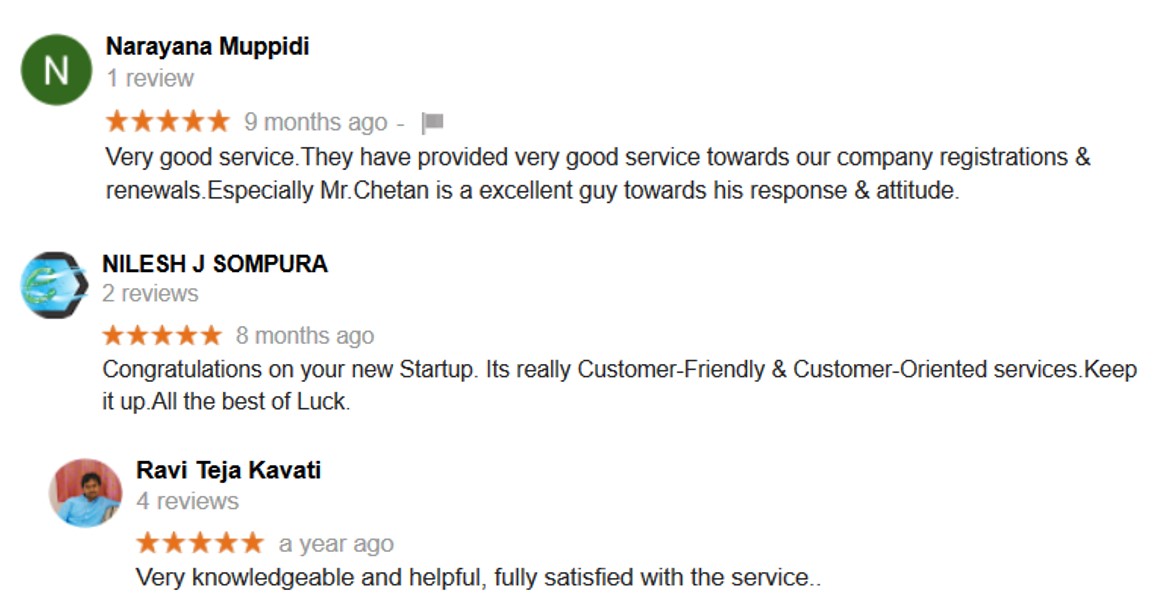Information regarding Deductions –on Section 80C, 80CCC, 80CCD, and other noteworthy 80 Deductions
What is present in Section 80C?
As per Section 80C, Rs 1,50,000 can be claimed as a deduction from the total income. In short, an individual may cut down up to Rs 1,50,000 from the sum total of the taxable income with the help of Section 80C. In addition, this deduction is permissible either for an Individual or a HUF. According to the clauses, for the financial year 2018-19, an amount not more than Rs 1, 50,000 can be claimed. However, in case an individual paid excess taxes, but have devoted money in LIC, PPF, Mediclaim and more, thereafter he or she can file Income Tax Return and get a refund.
What is present in Section 80CCC?
As per Section 80CC, a deduction can be claimed by an individual for which ever amount, either paid or deposited in any pension plan of LIC or any other insurer. The plan is created for people receiving a pension from a fund. This is mentioned in Section 10(23AAB). Under any circumstances, if the pension is conceded prior to the date of its maturity, then the conceded price is chargeable in the year of receipt.
What is present in Section 80CCD?
Contribution of an Employee- Section 80 CCD allows an individual to make deposits to his or her pension account, thereafter the maximum deduction permitted is 10% of the salary of an employee. In case of individuals who are self-employed, 10% of gross total income or Rs 1, 50,000, either one, which is less, can be claimed. In the FY 2018-19, a self-employed individual is eligible to claim a maximum deduction of 20% of aggregate salary instead of 10% as earlier where the individual was subjected to a maximum of Rs 1, 50,000. To be concise, the combined maximum restriction for section 80C, 80CCC, and section 80CCD.
1.) Deduction is fixed as Rs 1, 50,000. This amount can be acquired with ease. As per Section 80CCD (1B), an additional deduction has been introduced for taxpayers depositing to their NPS account up to Rs 50,000. In addition, any offerings to Atal Pension Yojana are also entitled to this deduction. As per Section 80CCD.
2.) An additional deduction has been introduced for employer’s contribution to employee’s pension account. This deduction amounts to 10% of the salary of the employee. This deduction is devoid of any fiscal ceiling.
A few noteworthy 80 Deductions
-Section 80 TTA
A deduction of Rs 10,000 can be asserted against the interest returns from a savings bank account. This interest from savings bank account shall be incorporated in other income, in order to claim a deduction of the total interest earned or Rs 10,000, whichever is less. This deduction is either permissible to an individual or a HUF. The deduction can be claimed for interest on deposits in a savings account with the following: Available deduction for a minimum of:In the financial year 2016-17, the deduction estimate has been elevated to Rs 5,000 per month from the previous estimate of Rs 2,000 per month. As a result, a maximum of Rs 60,000 yearly can be requested as a deduction.This is the deduction permitted for interest imposed on loans utilized for pursuing higher education. This loan can be requested for a taxpayer, or the taxpayer can act as the authorized guardian for a spouse, children or for a student. The deduction can be availed for a maximum of 8 years. It is also available till the interest is paid, whichever is done beforehand. No restriction is imposed on the amount that can be claimed.The above-mentioned section provided a deduction on the home loan interest paid for Financial Year 2013-14 and Financial Year 2014-15.The deduction is offered to individuals who purchased their first house worth Rs 40 lakh or less. The loan taken for the house should be Rs 25 lakh or less. The total deduction allowed as per the section cannot be beyond Rs 1, 00,000. However; this deduction is no longer available for the financial year 2015-16. The deduction for the Financial Year 2016-17 is available only to first-time homeowners. The value of the purchased house should not be beyond Rs 50 lakh .Additionally, the home loan should not exceed Rs 35 lakh. Furthermore, an additional deduction of Rs 50,000 may be acquired as applicable on home loan interest. This is an additional benefit to deduction of Rs 2, 00,000 acceptable under section 24 of the Income Tax Act intended for a personally owned house property. The Rajiv Gandhi Equity Saving Scheme or RGESS was introduced post-2012 Budget. The gross total income of investors below Rs. 12 lakhs is eligible to invest in this scheme. On successful completion of the clause mentioned in the section, the deduction shall be less than 50% of the amount endowed in equity shares or else Rs 25,000 for three successive Assessment Years. Rajiv Gandhi Equity Scheme was put to an end to on April 1, 2017. As a result, no deduction as per Section 80CCG was allowed from AY 2018-19 onwards. However, when individual plans to invest in the RGESS scheme in FY 2016-17 or AY 2017-18, then he or she may claim a deduction as mentioned in Section 80CCG till AY 2019-20.
- Bank,
- Co-operative society
- Post -office.
- Section 80GG
- The section allows a deduction for rent paid when HRA is not acknowledged. Furthermore, the taxpayer, who can be a spouse or a minor child, is not eligible to own residential housing in the area of employment.
- The taxpayer is not eligible to own a residential property occupied by him or her in any other area.
- The taxpayer has to reside in a place for which he or she pays rent.
(a) Rent remunerated minus 10% of total earnings.
(b)Every month- Rs 5000.
(c)25% of the total earnings. - Section 80E
- Section 80EE
- Section 80CCG or Rajiv Gandhi Equity Saving Scheme (RGESS)
In conclusion, there are 80 other deductions as well, which will require an individual to visit the official website. However, “Information regarding Deductions –on Section 80C, 80CCC, 80CCD and other noteworthy 80 Deductions”, provides crucial information regarding deductions.











 Corporate Entity Registration
Corporate Entity Registration




0 comments have been posted.